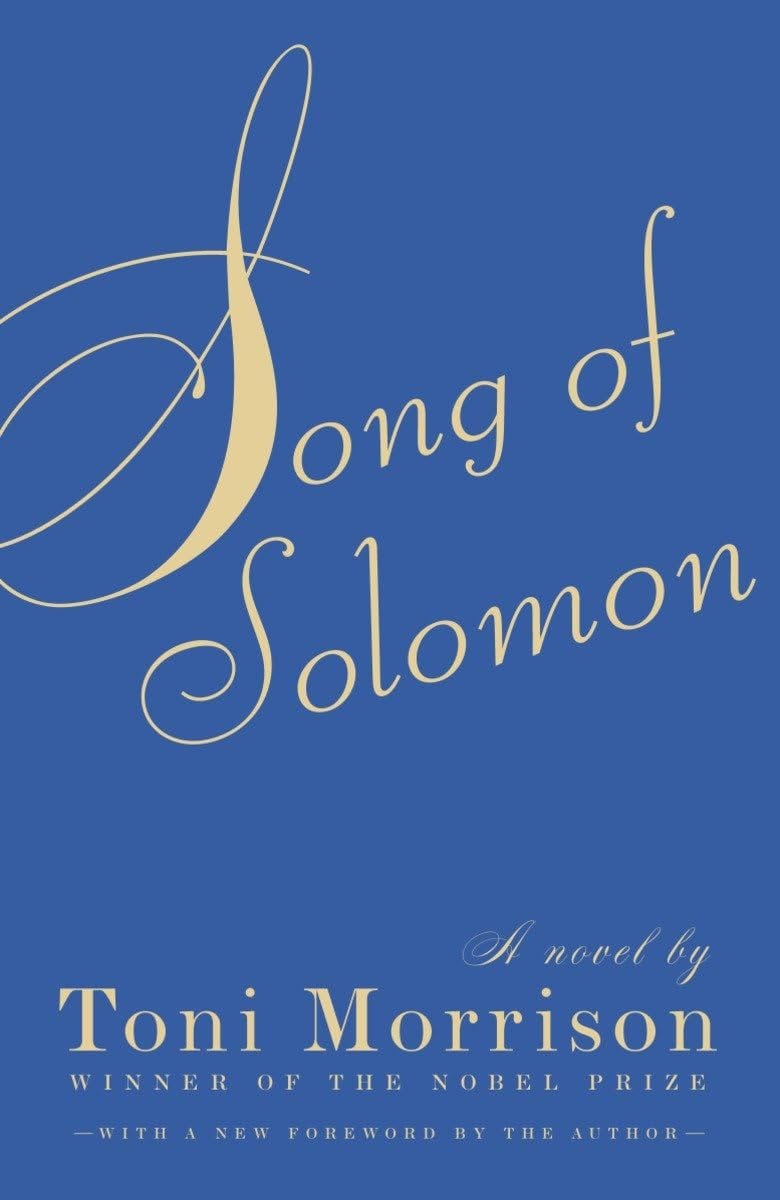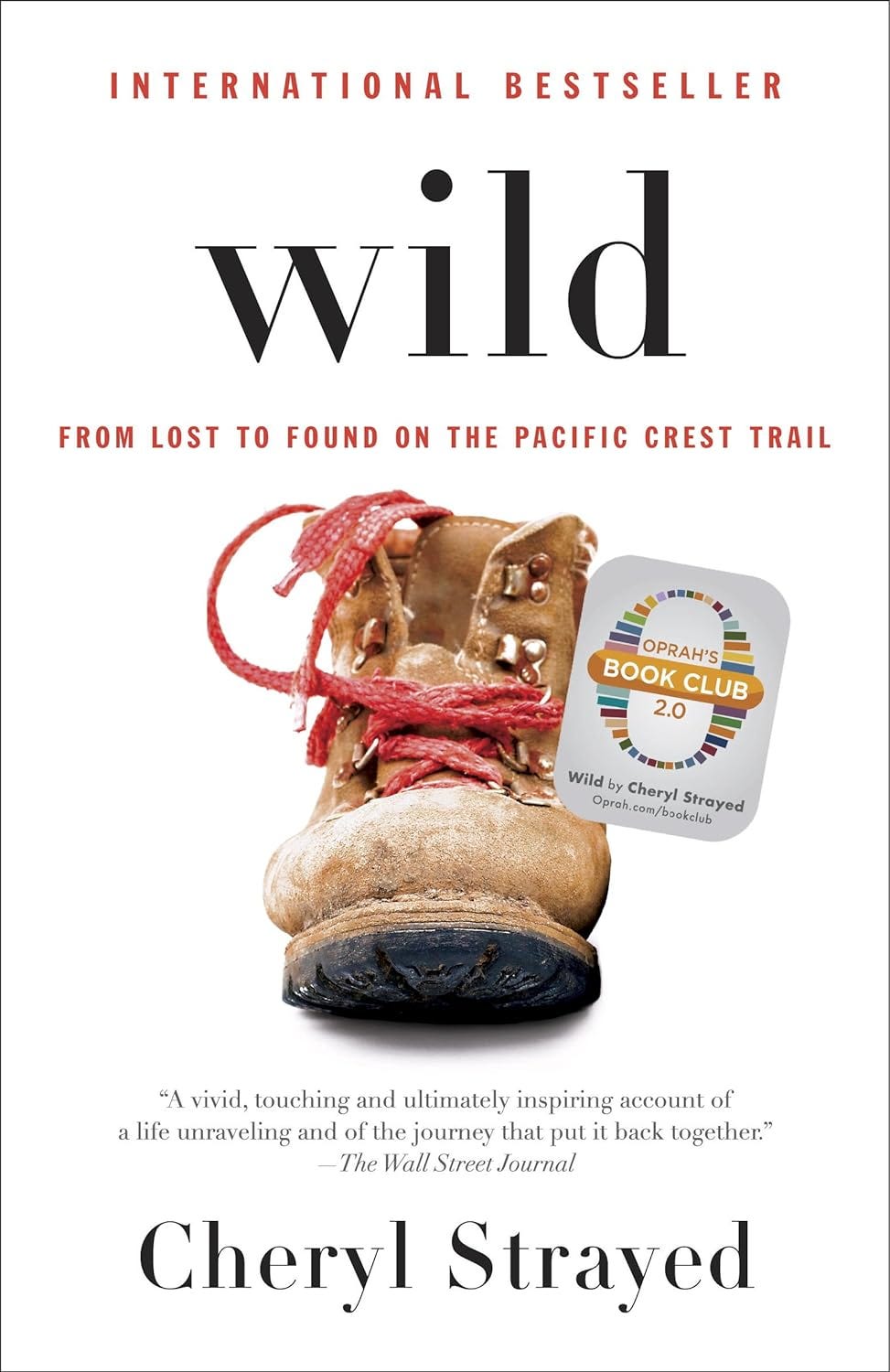Optimizing Word Counts for Writers: Strategies for Popular Book Genres
How long should your book be? Let's discuss...

Several of my recent clients struggled a bit with this topic -
Do genres have specific parameters?
Should I worry about it as I write or wait til edits?
Who really cares about this stuff?
Yes, maybe, and lots of people. Let’s break it down with specific examples.*
(*Amazon affiliate links are included in this post. I will earn a few pennies if you make a purchase from this newsletter. It's not required!)
What Are Genre-Specific Parameters?
Word count can vary widely depending on the genre and the specific requirements of the story.
However, there are general guidelines for word counts in popular book genres. Here are some examples:
Young Adult (YA) Fiction: YA novels typically have between 55,000 and 80,000 words. John Green's The Fault in Our Stars is a well-known example, with about 67,000 words.
Romance: Romance novels often fall between 70,000 and 100,000 words. Pride and Prejudice, by Jane Austen, has approximately 122,000 words, though it's longer for the genre.
Mystery/Thriller novels usually have between 70,000 and 90,000 words. Agatha Christie's And Then There Were None is about 60,000 words. The Girl with the Dragon Tattoo by Stieg Larsson is approximately 175,000 words. While longer than the typical range, this book is a popular example of a modern mystery novel.
Science Fiction/Fantasy: These genres can have a broader range due to world-building elements, typically between 90,000 and 125,000 words. The Hobbit by J.R.R. Tolkien has around 95,000 words. Other examples include The Golden Compass by Philip Pullman (112,815 words) and Ender’s Game by Orson Scott Card (100,609 words).
Literary Fiction: Literary fiction can vary widely, but is generally between 80,000 and 100,000 words. For example, To Kill a Mockingbird by Harper Lee has about 100,000 words. Other examples include The Unbearable Lightness of Being by Milan Kundera (85,199 words) and Song of Solomon by Toni Morrison (97,364 words).
Historical Fiction: This genre often requires more words to build the historical setting, with typical word counts ranging from 90,000 to 120,000 words. The Book Thief by Markus Zusak has around 140,000 words.
Nonfiction: The word count of nonfiction books can vary greatly depending on the subject matter, but they typically range from 70,000 to 90,000 words. Malcolm Gladwell's Outliers has about 70,000 words.
Wild: From Lost to Found on the Pacific Crest Trail by Cheryl Strayed is approximately 130,000 words- an example of a longer narrative that has captivated audiences with its personal and emotional journey.
Memoir: Usually between 80,000 and 90,000 words; Educated by Tara Westover is around 100,000 words, which is slightly above the typical word count range but has been well-received by readers and critics alike.
Learn more here:Unleashing the Healing Power of Empathy Through Storytelling
·Writing about traumatic events can be a challenging yet powerful endeavor. I’ve written three memoir and poetry books about being a childhood sexual abuse survivor. BadRedhead Media, LLC’s All Things Book Marketing! is a reader-supported publication. To receive new posts and support my work, consider becoming a free or …
Western Fiction: Typically ranges from 45,000 to 75,000 words; Lonesome Dove by Larry McMurtry is roughly 365,000 words. This epic Western novel far exceeds the typical word count range but is considered a classic in the genre. True Grit by Charles Portis is about 60,000 words, a well-known example of the genre.
Erotic Fiction: Short Story: In the realm of erotic fiction, word count guidelines can vary, with short stories typically ranging from 1,000 to 7,500 words for quick, steamy reads, novelettes spanning 7,500 to 20,000 words to allow for more character and plot development, novellas falling between 20,000 to 50,000 words for complex storytelling, and full-length novels ranging from 50,000 to 100,000 words to explore intricate narratives and themes.
These are general guidelines, and there are always exceptions. It's important to focus on telling the story effectively, rather than strictly adhering to a specific word count.
For more detailed information on word counts by genre, visit Reedsy's free guide on How Many Words in a Novel? (Updated for 2024) and the Author Learning Center's article on Word Count by Genre: How Long Should a Book Be?
Should I Worry About Genre Word Counts As I Write?
Yes. And no.
It's understandable to be concerned about genre word counts, but it's important not to let them become a primary focus during the initial stages of your writing.
Here are a few reasons why:
First Draft Freedom: The first draft is often called the "discovery draft" or "rough draft" (or okay, let’s be honest: it’s a shitty first draft), whose main purpose is to get your ideas down on paper. Worrying too much about word count can stifle creativity and hinder the natural flow of your story. Just write. Edit later.
Story Comes First: It's crucial to prioritize the development of your plot, characters, and themes. A well-told story is more important than meeting a specific word count. You can always edit and revise later to fit genre expectations. Different genres also require specific story elements (e.g., Romance requires a ‘meet cute.’). More on that in future posts.
Editing and Revising: Once you have completed your first draft, you can assess overall length and structure. In this stage, you can trim excess words or add depth to underdeveloped areas to align your manuscript with genre norms.
Flexibility in Guidelines: While there are standard word count ranges for different genres, these are not strict rules. Exceptional stories can sometimes defy these conventions. Focus on writing your best story, and worry about fitting into a specific word count later.
Industry Expectations: While it's true that agents and publishers have expectations regarding word count, they are also looking for compelling, well-written stories. If your manuscript is slightly outside the typical range but is strong in other areas, it may still be well-received.
While it's good to be aware of genre word counts, they shouldn't be your main concern as you write. Focus on crafting a compelling story first, and then address word count during the editing and revision stages.
Does Anyone Care About This Stuff?
Clearly, these are well-established guidelines within the publishing industry, and most traditional publishers will stick with these guidelines as a general rule. But not always.
Self-published? Readers also have expectations of their preferred book genre, so be aware of what your ideal reader is looking for.
In short, genre word count guidelines are there for exactly that - to guide. Don’t let it stop your creativity!
Happy writing.
• Services: If you need any book marketing help, connect with me! I offer all kinds of packages for all budgets. Specialties include author branding, book marketing, social media, and blogging/newsletter. For website services, contact Authorbytes.com and tell ‘em I sent you for a 20% off discount!
Mention this newsletter and receive 20% off any services or consulting. More at badredheadmedia.com.
Something new:
New monthly audiospace (open to all) at 2 pm PST on the last Tuesday of each month: Want specific advice on your current web presence (website, blog, socials, newsletter)?
Join me as my guest for host Vennie Kocsis’ audiospace on XSpaces where we discuss and review author bios, websites, or whatever else you need help with!
Free to attend. Click here now to set a reminder. Follow me @BadRedheadMedia and @VennieKocsis on X(formerly Twitter).
Sponsor:
💜 Thank you, Booklinker, my exclusive advertising sponsor for 2024! Free universal book links for all authors. Super easy to use. And they have a fantastic blog here.💜
See you next week!








